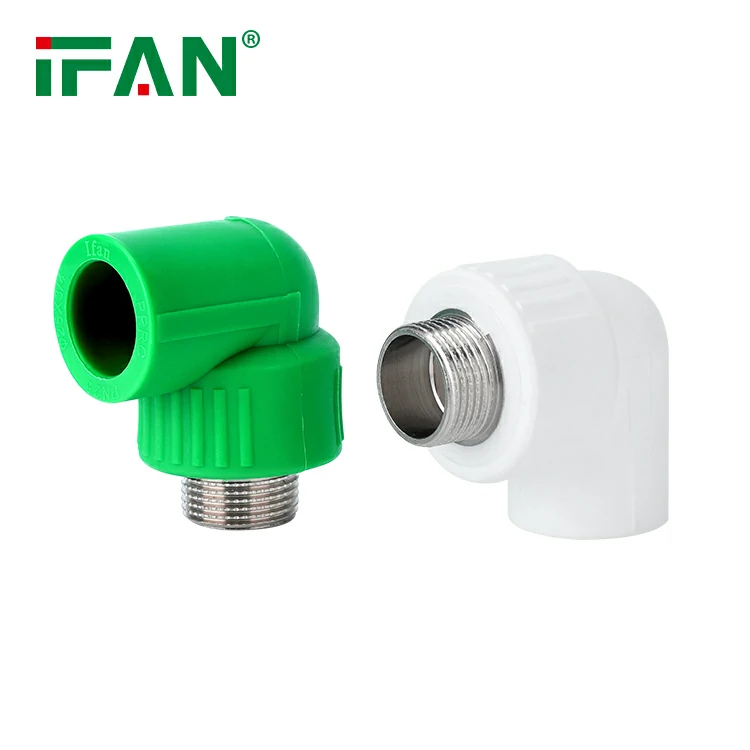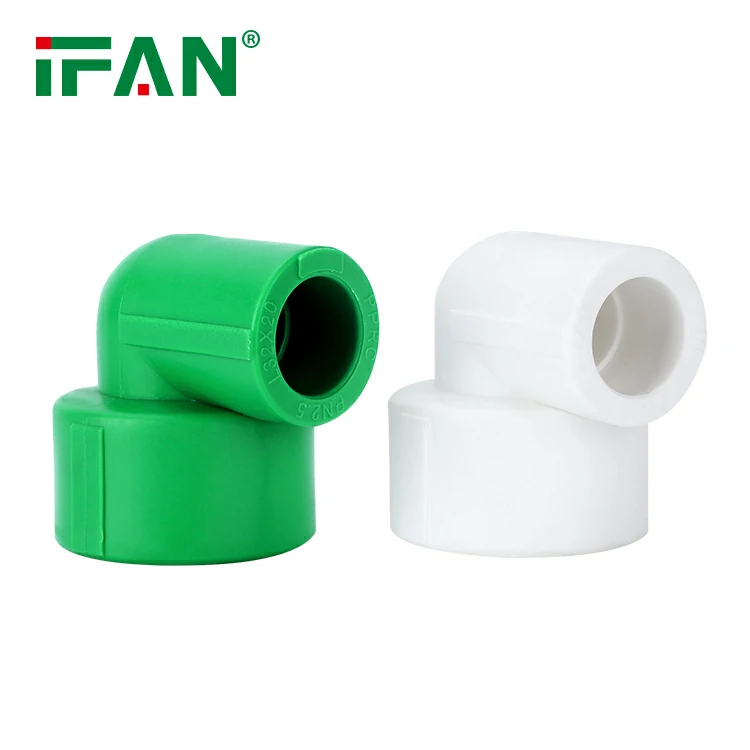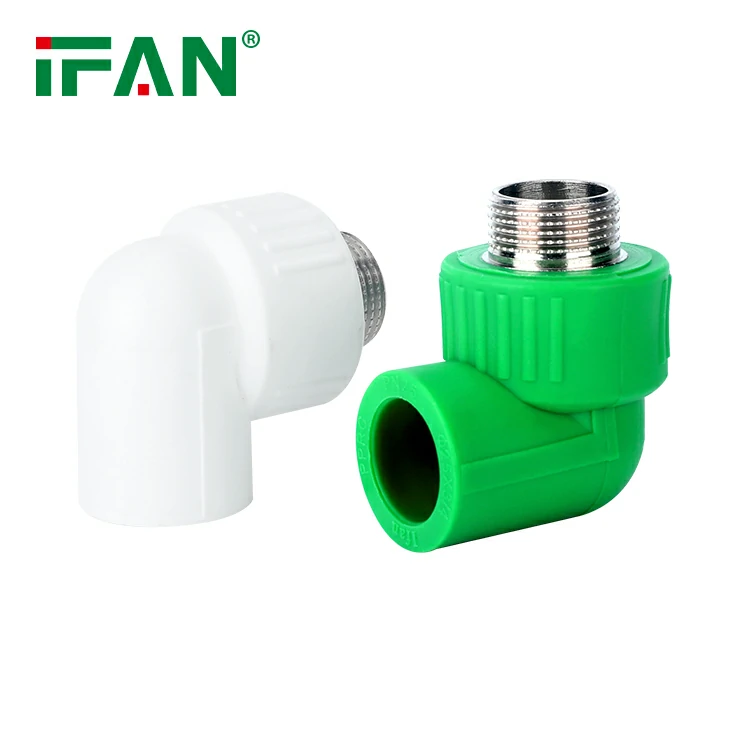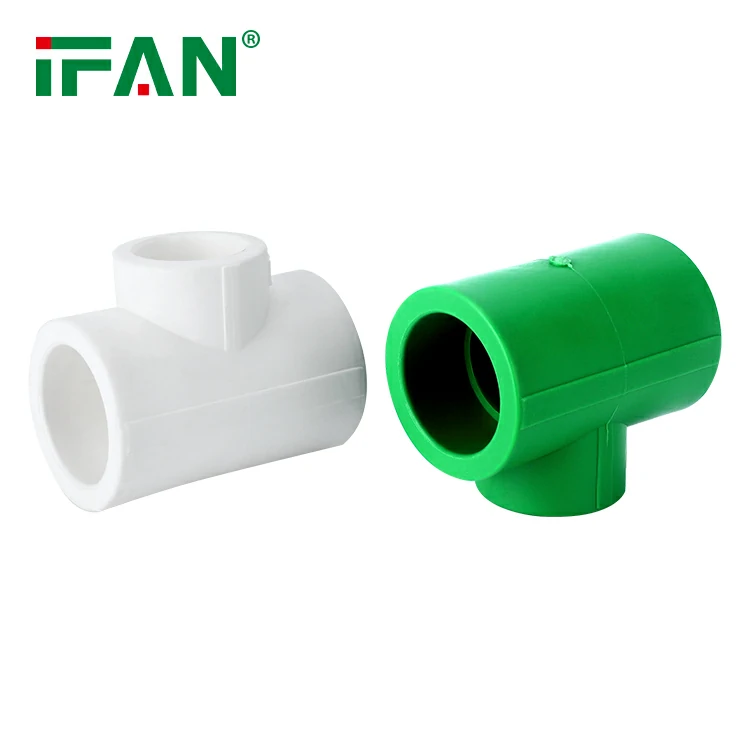Introduction
The Federal Government (FG) of Nigeria has announced its intent to sanction producers of fake water pipes, a move welcomed by industry professionals, health officials, and environmentalists alike. With increasing reports of burst pipes, water contamination, and infrastructure failures across the country, the crackdown on substandard materials is timely and essential.
At the heart of the response is the growing demand for PEX pipes—a reliable, safe, and sustainable solution for both urban and rural water supply systems. This article explores the consequences of fake water pipes, the government’s new policies, and why PEX pipes are becoming the preferred alternative for Nigeria’s water infrastructure revolution.
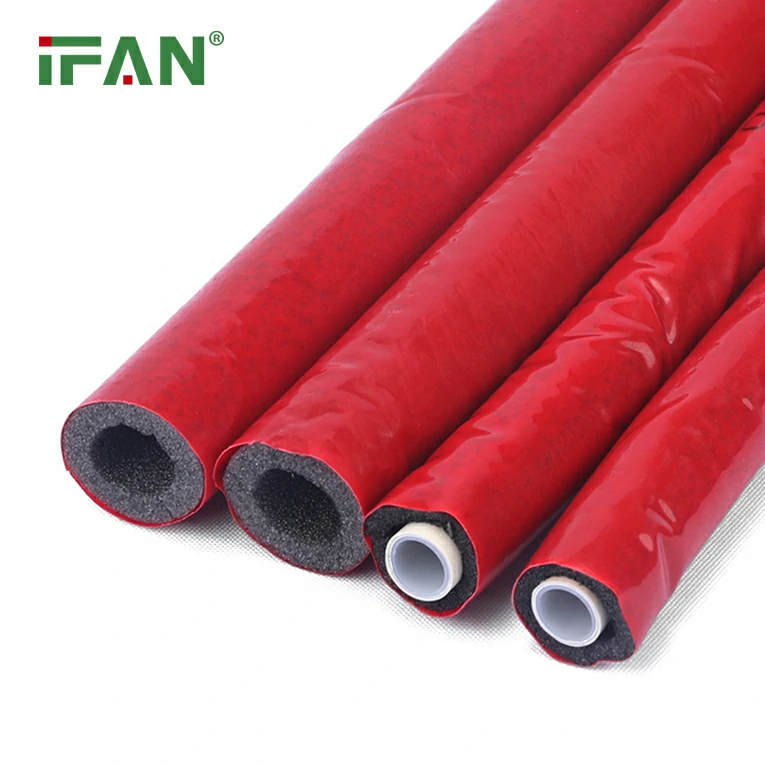
What Are Fake Water Pipes?
Fake water pipes are low-grade, often counterfeit materials that do not meet required safety and durability standards. These products usually mimic authentic brands but use cheap plastic polymers, inadequate wall thickness, and poor manufacturing practices. As a result, they:
- Leak or burst under minimal pressure
- Degrade quickly under UV and heat
- Release toxic chemicals into drinking water
Their usage is common in informal construction projects and poorly regulated markets, posing health risks to millions of Nigerians.
The FG’s Crackdown: Policy in Focus
The Federal Ministry of Water Resources, in collaboration with the Standards Organisation of Nigeria (SON) and National Agency for Food and Drug Administration and Control (NAFDAC), has rolled out a nationwide enforcement strategy.
Key Sanctions Include:
- Permanent shutdown of non-compliant manufacturing facilities
- Criminal prosecution of repeat offenders
- Import bans on uncertified plastic piping materials
- Mandatory certification for water pipe production and distribution
The aim is not just punishment, but also reform—promoting the use of approved materials like PEX pipes that offer performance guarantees and long-term savings.
Why PEX Pipe Is the Gold Standard
What is PEX?
PEX (cross-linked polyethylene) pipe is a flexible, high-performance piping material used globally for potable water, heating systems, and infrastructure applications. The cross-linking process enhances the pipe’s strength, making it resistant to:
- Corrosion
- Scale buildup
- UV degradation
- Freezing and high temperatures
Unlike traditional PVC or metal pipes, PEX pipes do not leach harmful substances and are easier to install due to their flexibility.
Advantages of PEX Pipe in Nigeria’s Context
✅ Durability in Extreme Conditions
Nigeria’s climate presents challenges ranging from high heat in the north to high humidity in the south. PEX pipes withstand these fluctuations without degrading, unlike low-quality plastic pipes.
✅ Resistance to Waterborne Contaminants
Fake pipes often contribute to water contamination. In contrast, PEX pipes are certified food-grade and resist bacterial growth, making them ideal for delivering safe drinking water.
✅ Fast Installation
PEX pipes are highly flexible and can be bent around corners without elbows or joints. This reduces the likelihood of leaks and minimizes installation time and labor costs.
✅ Cost Efficiency
Although PEX pipes may have a slightly higher upfront cost than fake alternatives, their longer lifespan and reduced maintenance requirements provide better value over time.
Economic Impact of Fake Water Pipes
The use of fake water pipes imposes a significant burden on both public health systems and the national economy.
❌ Infrastructure Failures
Municipalities across Nigeria report frequent pipe bursts, especially in newly built housing estates. This leads to:
- Water shortages
- Structural damage
- Increased repair costs
❌ Healthcare Costs
Toxic materials in fake pipes can leach into water supplies, leading to:
- Gastrointestinal infections
- Lead or plastic poisoning
- Increased hospital visits
According to the World Health Organization, unsafe water contributes to 30% of hospital visits in some Nigerian states.
Public and Industry Response
🌍 Professional Bodies Support FG
Organizations like the Nigerian Society of Engineers (NSE) and Plumbers Council of Nigeria (PCN) have thrown their weight behind the FG’s sanctions. They are pushing for stricter regulations and the mandatory use of certified PEX pipe systems in both public and private projects.
🏠 Homeowners Are Taking Note
Consumer awareness campaigns are educating Nigerians on how to identify authentic PEX pipes. Labels, QR codes, and holograms are being introduced by reputable brands to combat fakes.
Building a Future-Proof Water Infrastructure with PEX
As urbanization accelerates and Nigeria’s housing deficit continues to grow, the demand for resilient and hygienic piping systems is more urgent than ever.
The FG’s New Building Codes
The upcoming revision of Nigeria’s national building codes will include provisions that:
- Recommend the use of PEX piping in potable water supply systems
- Penalize engineers and contractors using substandard materials
- Prioritize long-term sustainability in federal infrastructure projects
These reforms will align Nigeria with global best practices, particularly in countries like South Africa, Kenya, and Ghana where PEX pipes are already the industry norm.
Environmental Benefits of PEX Pipe
Unlike metal pipes that require high-energy smelting or PVC which may emit harmful gases during production, PEX pipe production is low-carbon and more recyclable. This supports Nigeria’s national goals under the Paris Agreement on Climate Change.
In addition, the leak-free nature of PEX piping conserves precious water resources in drought-prone regions.
Call to Action: What Can Stakeholders Do?
Manufacturers:
Shift to certified production methods and invest in compliance testing.
Government:
Increase funding for inspections and awareness campaigns in rural areas.
Consumers:
Demand quality by purchasing from trusted retailers and asking for certification.
Contractors & Plumbers:
Refuse to use or install unverified piping systems, even under cost-cutting pressure.
Conclusion
The Federal Government’s crackdown on fake water pipes marks a pivotal moment in Nigeria’s journey toward safe, modern, and sustainable water infrastructure. As the market shifts towards certified materials, PEX pipes emerge not just as a preferred option, but as a national necessity.
The road ahead will require continued vigilance, industry reform, and public education. But with concerted effort, Nigeria can ensure that every home and community has access to clean, reliable water—delivered safely through trusted PEX pipelines.
Frequently Asked Questions (FAQs)
1. What are the risks of using fake water pipes?
Fake water pipes can burst, leak harmful chemicals into drinking water, and deteriorate quickly, leading to infrastructure failures and public health risks.
2. Why are PEX pipes safer than traditional pipes?
PEX pipes resist corrosion, bacterial growth, and chemical leaching, making them ideal for delivering potable water in a safe and durable manner.
3. How can I tell if a PEX pipe is authentic?
Look for manufacturer certification marks, QR codes, or holograms. Buying from trusted suppliers is also essential.
4. What action is the FG taking against fake pipe manufacturers?
The FG is shutting down illegal factories, prosecuting offenders, and enforcing mandatory product certification through SON and NAFDAC.
5. Are PEX pipes suitable for rural water projects?
Yes. Their durability, flexibility, and ease of installation make PEX pipes ideal for both urban infrastructure and rural development projects.

